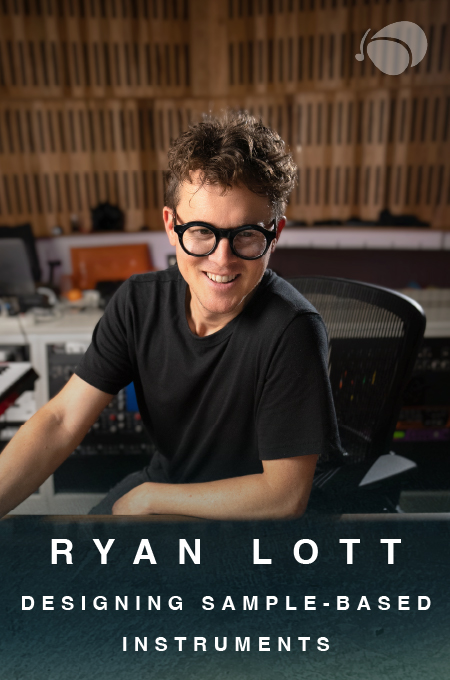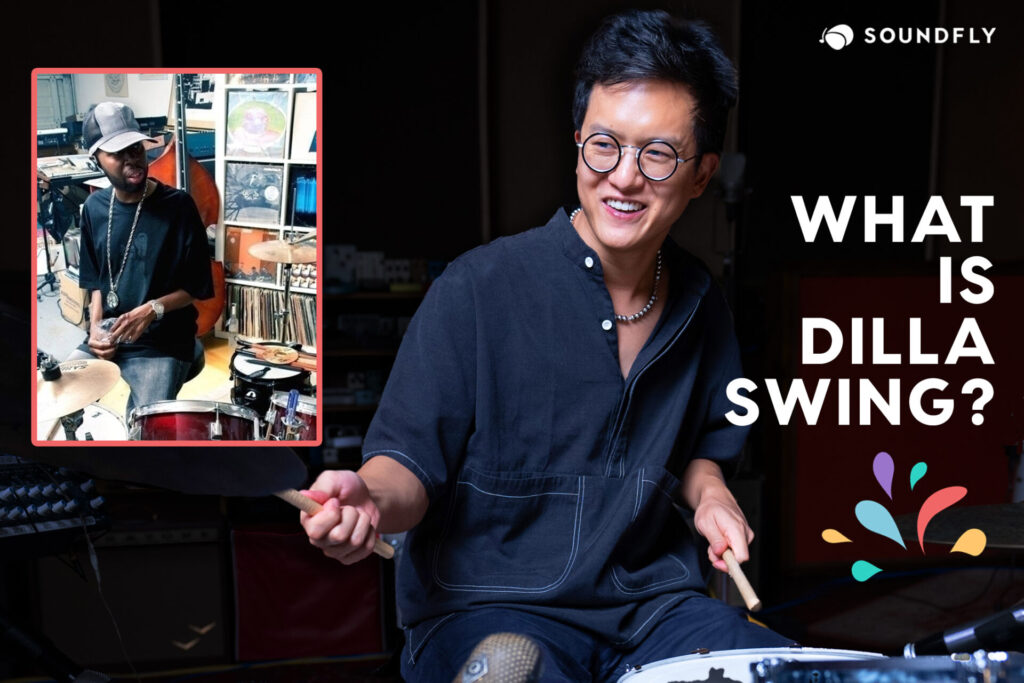
+ Welcome to Soundfly! We help curious musicians meet their goals with creative online courses. Whatever you want to learn, whenever you need to learn it. Subscribe now to start learning on the ’Fly.
I’m learning how to work with groups of students.
I’ve been doing it for years, so I should know by now. But I’ve struggled to reconcile best practices from private music lessons with execution in group music classes — and even group math classes.
In other words, I’m trying to make group classes as effective as private lessons.
The private music lessons that I teach involve continual self-assessment on the part of the student, breaking each goal into tiny steps, practicing no more or less than necessary in order to achieve each goal, and much discussion of how to think about what you’re doing.
The obstacles to applying these techniques to a group math class are significant. Everyone has a different foundation. Not everyone will be fully engaged. Some people just want the answer without having to think.
Most of all, people are touchy about what they don’t understand how to do. Because not knowing how to do something means not being good at math, which means not being smart.
+ Read more on Flypaper: “Learning Is Not Linear.”
By the transitive property, that means not knowing how to do something means not being smart.
And students don’t want to be thought of as not smart. So they hide what they don’t know how to do. They’re not proactive about filling in the holes, because they don’t want to have to acknowledge that there are any.
So they panic and scoot as quickly as possible from right answer to right answer without thinking, as though they are running between shelters in a giant, un-fun game of paintball without a gun.
The sad irony is well established in Carol Dweck’s brilliant Mindset: The New Psychology of Success.
“A habit of hiding what you don’t know in order to not seem stupid prevents you from learning.”
And learning is what makes you smart, I guess, although according to Dr. Dweck, I’d rather praise the perseverance and willingness to step out of one’s comfort zone than the intelligence itself.
As a result of this phenomenon, we’ve been having some frank discussions in our math groups about the fact that some people are quicker thinkers than others, some people have better foundations, and some people are just plain better at building new concepts.
And so what?
By acknowledging what people suspect but never address openly (“This other person might actually better at this than I am,”) we’re taking away places for people to hide, but also taking away the value judgment that this seems to apply.
It actually doesn’t matter if another person is better at this. You still have value. You can still learn.
And maybe, there’s an underlying reason that you’re struggling that we can finally address now that the gap in your understanding has been brought to light.
What if your private struggle isn’t private anymore? You may find that the person next to you was confused, too. And that the person across from you was struggling last week, and now can help you. How incredibly valuable that transparency could be.
Yeah — that is the way to work with groups of students. Group classes can be even more effective than private lessons or tutoring — with transparency and trust.
Don’t stop here!
Continue learning with hundreds of lessons on songwriting, mixing, DIY home recording and production, composing, beat making, and so much more, with Soundfly’s artist-led courses, like: Jlin: Rhythm, Variation, & Vulnerability, RJD2: From Samples to Songs and Kimbra: Vocal Creativity, Arranging, & Production.




